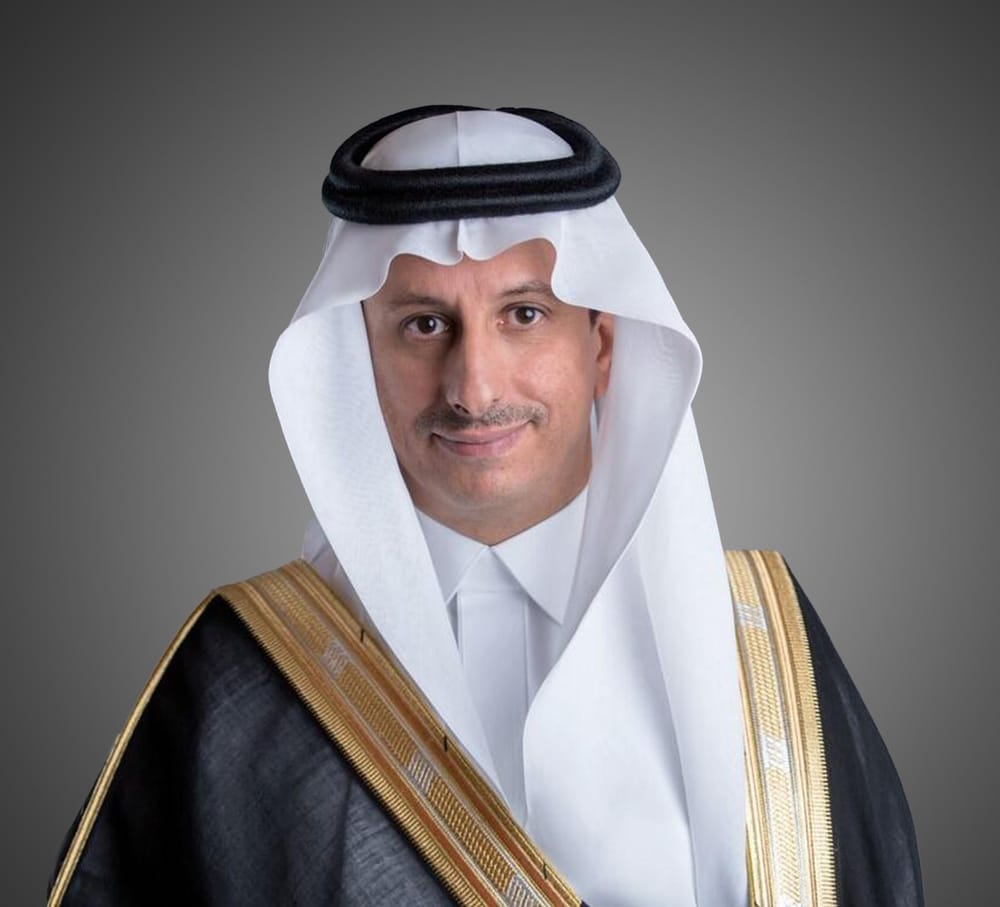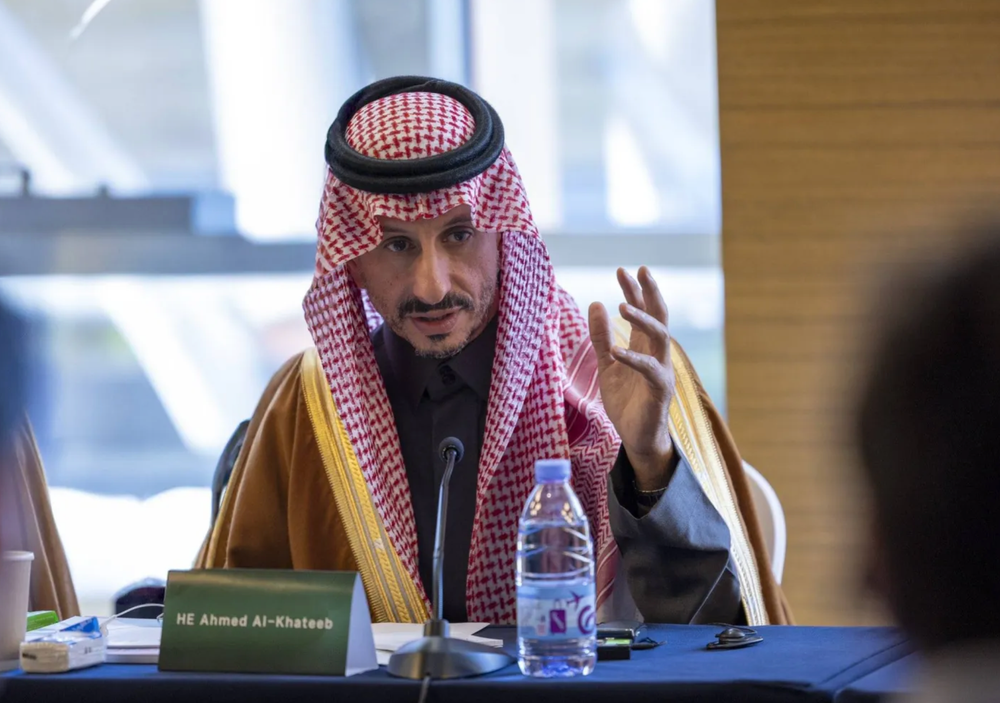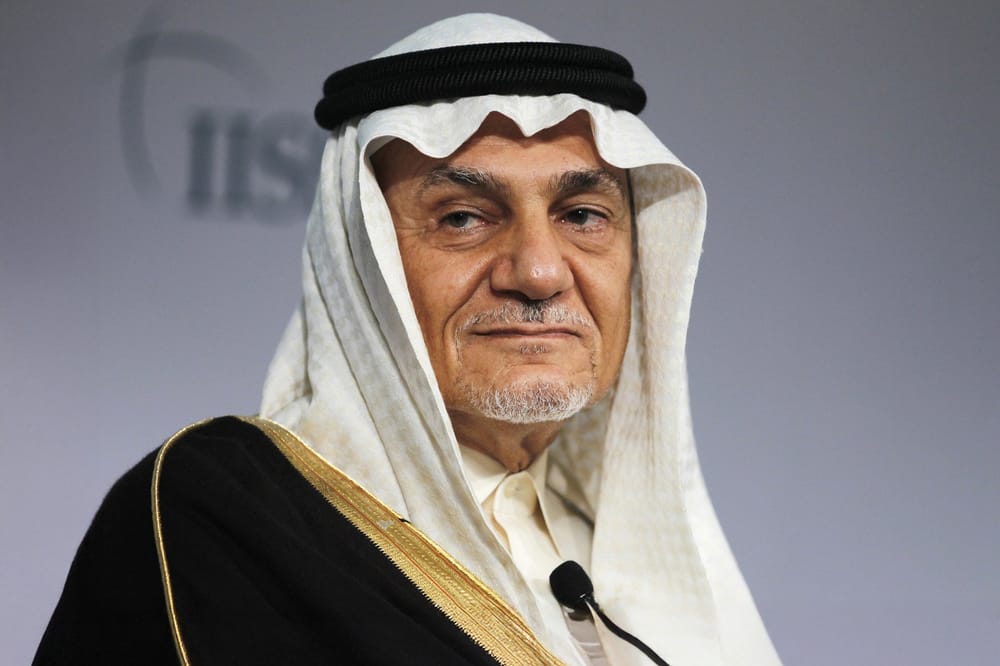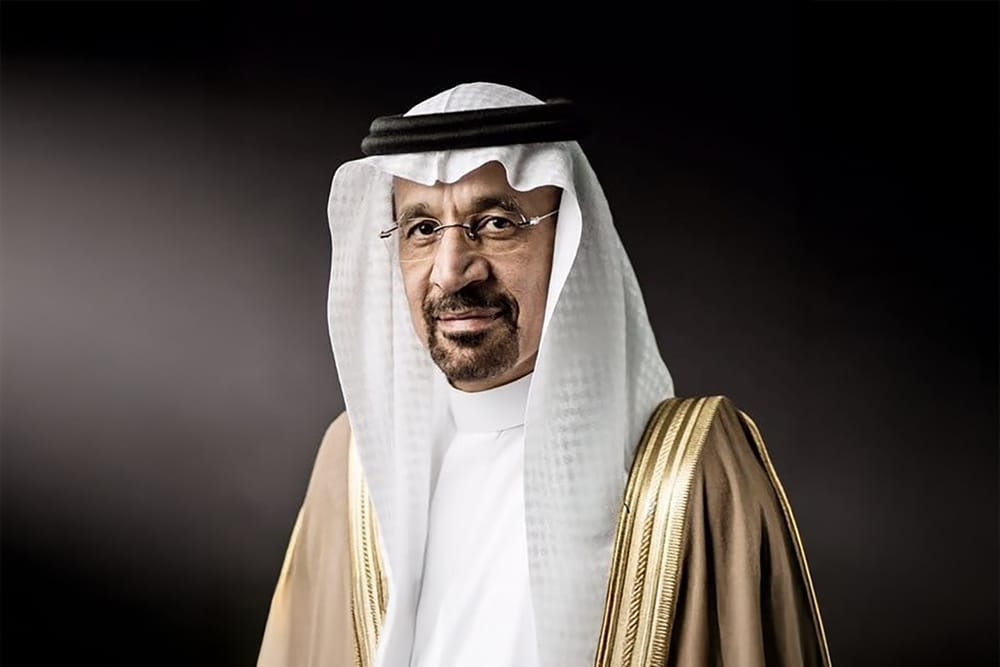Ahmed Zaki Yamani (1930–2021) was a transformative figure in global energy politics. Serving as Saudi Arabia’s Minister of Petroleum and Mineral Resources from 1962 to 1986, Yamani's strategic vision and diplomatic acumen not only elevated Saudi Arabia’s status in the oil industry but also redefined the dynamics of international energy relations. Over nearly a quarter of a century, Yamani became an international icon, shaping the course of the 20th-century oil economy and leaving an enduring legacy that continues to inform leadership and global energy policies.
Early Life and Education
Born in the holy city of Mecca in 1930, Ahmed Zaki Yamani grew up in a household steeped in Islamic learning and tradition. His father and grandfather were respected Islamic scholars and judges, providing a strong cultural and ethical foundation for Yamani's formative years. However, Yamani also developed an early fascination with modern law and international affairs, recognizing the growing importance of legal frameworks in a world increasingly influenced by Western norms.
After completing his early education in Saudi Arabia, Yamani pursued higher studies abroad, beginning at Cairo University where he earned a law degree in 1951. His time in Egypt exposed him to the political currents of pan-Arabism and modernization that were sweeping the Arab world. Eager to deepen his expertise, Yamani went on to study at New York University, where he earned a master's degree in comparative law. He then further distinguished himself at Harvard Law School, gaining critical exposure to American legal and business practices. This Western education equipped him with a rare blend of traditional Saudi values and sophisticated legal knowledge, making him an invaluable asset to the Kingdom.
During these formative years, Yamani developed a vision for Saudi Arabia’s future — one in which the country would not merely export raw materials but would leverage its oil wealth to achieve sovereignty, modernization, and a more equitable position in global affairs. Little did he know that he would soon be in a position to turn this vision into reality.
Rise to Power
Ahmed Zaki Yamani’s ascent to one of the most powerful positions in the global energy world was not merely a result of academic brilliance — it was a story of strategic timing, personal trust, and visionary leadership. Upon returning to Saudi Arabia with his impressive academic credentials, Yamani quickly attracted attention within the royal court. He initially served as a legal adviser to Crown Prince Faisal, working on drafting oil agreements and advising on international legal matters at a time when the Kingdom was beginning to reevaluate its relationship with foreign oil companies.
By the late 1950s, Yamani played an important role in shaping new oil concession agreements. His sharp intellect and ability to bridge Western legal frameworks with Saudi national interests distinguished him among the new generation of Saudi technocrats. Fluent in English and highly attuned to Western corporate culture, he became a trusted confidant to Faisal, who was determined to modernize the Kingdom’s economic and political institutions.
In 1962, Crown Prince Faisal appointed Yamani Minister of Petroleum and Mineral Resources. The appointment came at a pivotal moment: Saudi Arabia was becoming more assertive in its oil policy, and OPEC had recently been established (1960). Though only 32 years old, Yamani’s combination of legal expertise, diplomatic skills, and vision for national sovereignty made him the ideal choice to lead Saudi Arabia’s energy strategy.
Yamani immediately began to professionalize the ministry and modernize Saudi Arabia’s engagement with global oil markets. He prioritized building Saudi Arabia’s capacity to independently manage its oil wealth and negotiate as an equal partner with international oil companies. He also positioned the Kingdom as a key player within OPEC, helping to coordinate collective bargaining by member states.
One of Yamani’s first major successes was helping secure improved revenue terms for Saudi oil through collective OPEC negotiations in the mid-1960s. Rather than unilateral action, Yamani understood the importance of fostering solidarity among producing nations. By the late 1960s, Saudi Arabia, under Yamani’s leadership, had emerged as the dominant voice within OPEC, setting the stage for the pivotal developments of the following decade.
Architect of the 1973 Oil Embargo
The 1973 oil embargo was one of the most dramatic geopolitical events of the 20th century — and Ahmed Zaki Yamani was at the heart of it. In October 1973, war broke out between Israel and a coalition of Arab states led by Egypt and Syria. In response to U.S. and Western support for Israel, Arab OPEC members decided to use oil as an instrument of political leverage.
As Saudi Arabia’s chief oil negotiator and OPEC’s most visible spokesperson, Yamani played a central role in implementing the embargo. It was a delicate operation: Yamani had to maintain unity within OPEC, manage relations with key Western powers, and ensure that Saudi Arabia’s long-term interests were protected.
Under OPEC’s collective decision, production was reduced, and an embargo was imposed on countries supporting Israel. The resulting quadrupling of oil prices caused a global economic shock. Yamani, however, was careful to present Saudi Arabia’s policy as measured and principled. Behind the scenes, he sought to moderate the most radical demands within OPEC and to encourage a diplomatic resolution to the Arab-Israeli conflict.
While the embargo caused short-term economic turmoil, it had lasting consequences. It demonstrated that oil-producing nations could assert their sovereignty, and it led to a rebalancing of power between oil producers and Western consumers. Yamani emerged from the crisis as one of the most influential figures in global energy, admired for his statesmanship and strategic foresight.
Nationalisation of Aramco
A cornerstone of Yamani’s legacy was the phased nationalization of the Arabian American Oil Company (Aramco). Throughout the 1960s and 1970s, Yamani advocated for greater Saudi ownership and control over its oil resources, arguing that national sovereignty required mastery over this vital sector.
Rather than pursuing abrupt nationalization, Yamani negotiated a gradual transfer of ownership that protected Saudi Arabia’s international relationships while steadily increasing its control. The process began with revenue-sharing improvements and progressed through a series of staged equity acquisitions.
By 1980, Saudi Arabia had achieved full ownership of Aramco, transforming it into a national oil company. Yamani’s approach preserved stability in global energy markets, ensured continued access to Western expertise and technology, and allowed Saudi Arabia to fully integrate oil policy with national development goals.
The success of the Aramco nationalization became a model for other producing countries. Yamani’s patient, strategic style contrasted with the confrontational approaches seen elsewhere, earning him respect both within Saudi Arabia and internationally.
The 1975 OPEC Hostage Crisis
In December 1975, Yamani and other OPEC ministers were taken hostage in Vienna by the terrorist Carlos the Jackal during an OPEC meeting. The attack aimed to destabilize oil markets and force political concessions.
Yamani’s personal composure during the ordeal became legendary. Though the crisis was ultimately resolved through Austrian and French negotiations, Yamani’s calm presence helped maintain a sense of order among the hostages.
The incident underscored the geopolitical tensions surrounding global oil. Yamani’s experience highlighted the risks faced by those at the intersection of energy and international politics. In the aftermath, he continued to advocate for stable markets and diplomatic engagement.
Legacy and Leadership Lessons
Ahmed Zaki Yamani’s legacy remains profound. His leadership helped Saudi Arabia transition from a peripheral player to a central force in global energy. The principles he championed — sovereignty, professionalism, diplomacy, and education — continue to shape Saudi energy policy.
Key lessons from his leadership include:
- Strategic Vision: Yamani understood that true sovereignty required control over oil resources. His long-term strategy ensured that Saudi Arabia could harness its energy wealth for national development.
- Diplomatic Finesse: Throughout crises and negotiations, Yamani consistently pursued diplomatic solutions, balancing national interests with global stability.
- Institution Building: He founded the University of Petroleum and Minerals in 1963 (now King Fahd University of Petroleum and Minerals), fostering domestic expertise.
- Cultural Leadership: Yamani’s creation of the Al-Furqan Islamic Heritage Foundation reflected his broader commitment to cultural and intellectual development.
Ahmed Zaki Yamani remains a towering figure in both Saudi and global history. His life exemplifies how visionary leadership, grounded in integrity and strategic insight, can reshape not just a nation, but the world.






